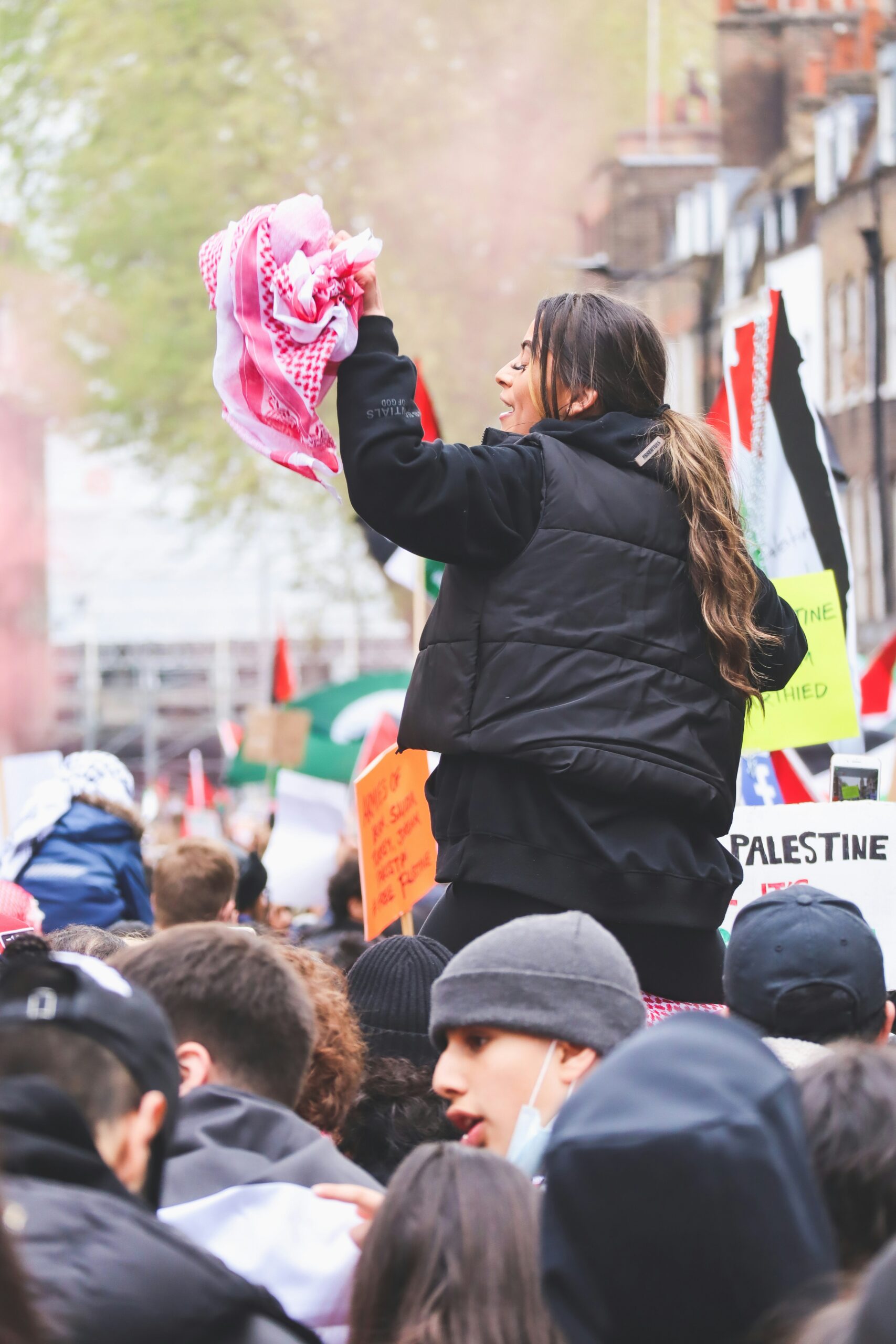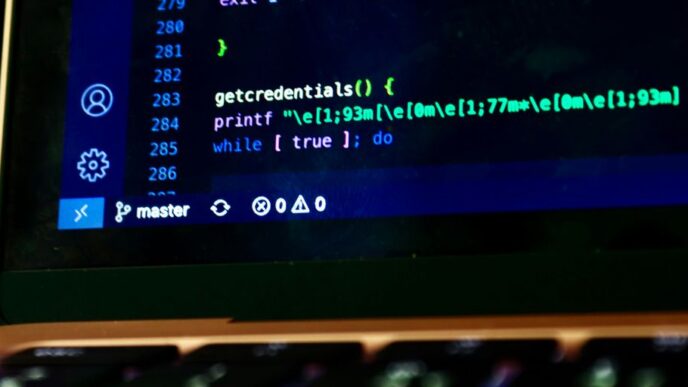Introduction
The Israel-Palestine conflict, a long-standing and deeply rooted issue, has witnessed periodic escalations of violence, resulting in loss of life and suffering on both sides. Recent clashes in the region have garnered international attention and once again ignited debates on the path to peace. This article will examine the causes, consequences, and potential solutions in the context of the ongoing Israeli attacks on Palestine.
The Recent Escalations
The most recent escalations in the Israel-Palestine conflict can be traced back to various factors, including:
- Disputes over Jerusalem: Tensions flared when Israel imposed restrictions on access to the Al-Aqsa Mosque in East Jerusalem, a holy site for both Muslims and Jews. Evictions of Palestinian families from the Sheikh Jarrah neighborhood further fueled the fire.
- Gaza Rocket Attacks: Hamas, the Palestinian militant group controlling the Gaza Strip, launched rocket attacks into Israeli territory. In response, Israel initiated a military operation targeting Gaza, leading to significant civilian casualties and damage.
- Clashes in the West Bank: Violent clashes erupted in the West Bank, with Palestinians protesting against Israeli settlements and the situation in Gaza.
Consequences and Humanitarian Impact
The consequences of these escalations have been dire:
- Loss of Life: The conflict resulted in significant casualties on both sides, with a disproportionate number of Palestinian civilian deaths and injuries.
- Displacement: Many Palestinians in Gaza and the West Bank were forced to flee their homes due to airstrikes and shelling.
- Infrastructure Damage: Vital infrastructure, including hospitals, schools, and utilities, suffered extensive damage, further straining an already fragile situation.
- Psychological Toll: The conflict has taken a severe psychological toll on civilians, particularly children, who have lived through repeated cycles of violence.
International Response
The international community has responded to the Israel-Palestine conflict in various ways:
- Calls for Ceasefire: Global leaders and organizations, including the United Nations, have called for an immediate ceasefire to prevent further loss of life and suffering.
- Diplomatic Efforts: Diplomatic initiatives, negotiations, and international mediation are being pursued to de-escalate tensions and seek a peaceful resolution.
- Humanitarian Aid: International organizations and countries are providing humanitarian assistance to those affected by the conflict.
The Quest for Peace
The path to peace in the Israel-Palestine conflict is fraught with challenges, but it remains an essential goal for both parties and the international community. Several steps can contribute to this process:
- Negotiation and Diplomacy: Engaging in direct negotiations between Israelis and Palestinians is crucial. A two-state solution, where Israel and Palestine coexist as independent and sovereign states, remains the widely endorsed path to peace.
- Addressing Root Causes: Efforts must be made to address the root causes of the conflict, including disputes over borders, Jerusalem, and the right of return for Palestinian refugees.
- Humanitarian Relief: Immediate humanitarian relief, including access to medical care and reconstruction aid, is essential to alleviate the suffering of the affected populations.
- International Engagement: The international community should continue to play a constructive role, encouraging both sides to commit to a lasting peace and supporting their efforts.
Conclusion
The Israel-Palestine conflict is marked by complex historical, political, and humanitarian dimensions. Recent escalations underscore the urgent need for a peaceful resolution that addresses the aspirations and rights of both Israelis and Palestinians. As the international community continues to work toward a ceasefire and long-term peace, it is essential to remember that a just and lasting solution is the only way to break the cycle of violence and suffering in the region.













